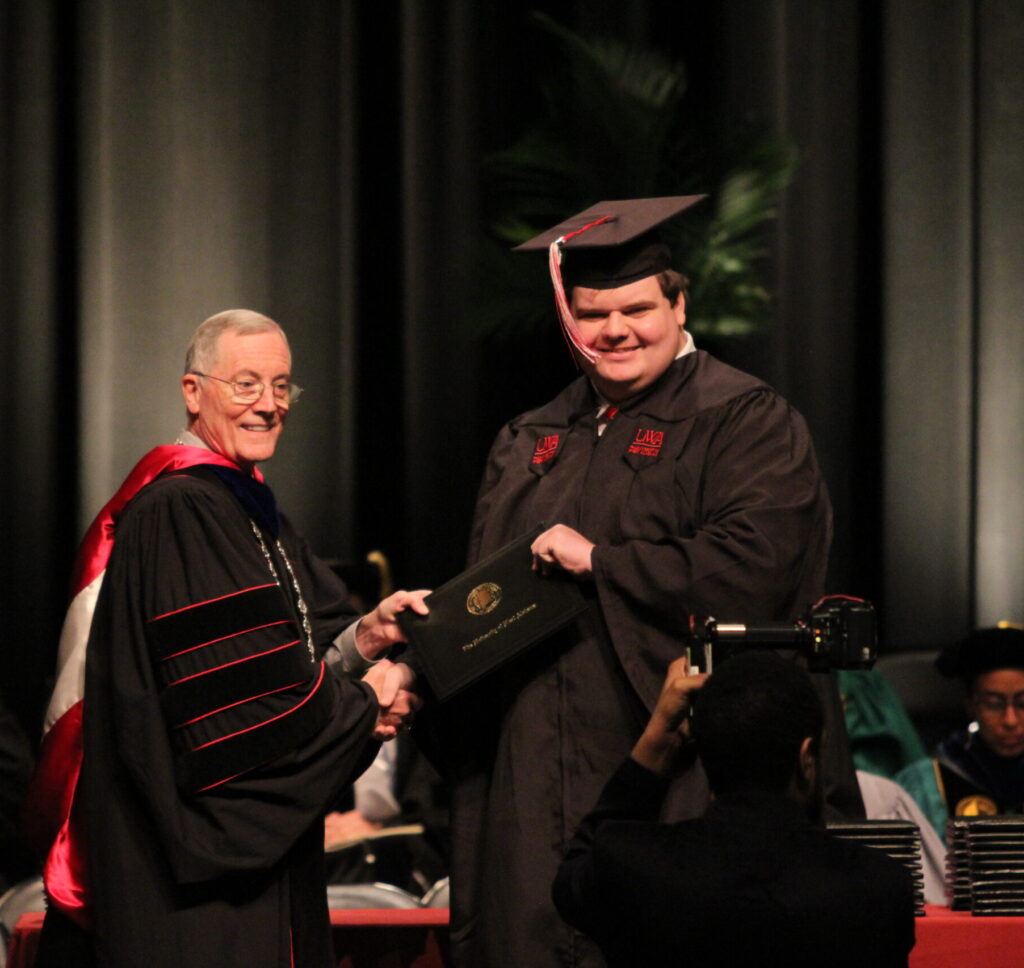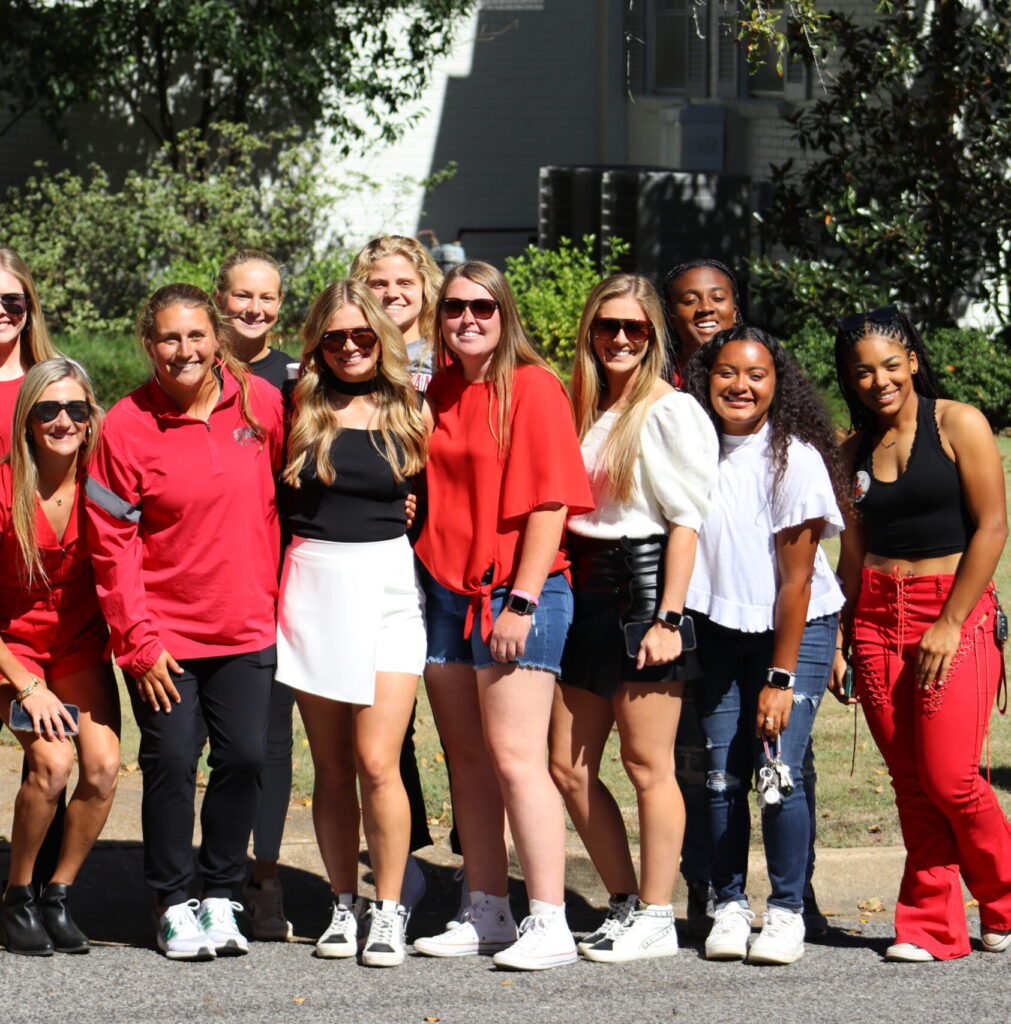Sociological and psychological impact of family and society on development of children from infancy through childhood
The earliest years of our lives are the most critical. It’s when we develop social skills and the building blocks of learning. The Early Childhood Development (Non-Certification) Program is ideal for those who desire to work with young learners, utilizing a deep understanding of Early Childhood Education. If you are interested in the development of children up to age 5 in public and private daycare centers, community-based preschools, state-funded preschools and child development centers, this degree is for you.
Students will be introduced to Early Childhood Education, the young learner and their family in the initial classes. Courses in nutrition, health, thematic learning, play, mathematics, special education, literature for young children and developmentally appropriate practice will prepare the student for all aspects of educating the young learner. Finally, the student will complete a practicum in an Early Childhood classroom.
Visit the Academic Catalog for information regarding program admission requirements, prerequisites, course offerings and more.
Program Facts
Program Format
On Campus, Online
Start Term
Spring, Summer and Fall semesters
Tuition Cost
Number of Credits
123 hours
Academic Calendars
Request More Information
Loading...
Sample Courses
CE316 Family Life and Parent Education
3 Credits
EH101 Written English I
3 Credits
Training in expository writing through frequent exercises, essays and consultation. A grade of “C” or above is required to pass this course.
MH171 Mathematics for Early Childhood Educators I
3 Credits
Concepts of mathematics presented in the early mathematics curriculum. Set concepts, informal mathematical reasoning and problem-solving activities are included in the study of sets and whole numbers, number theory and rational numbers. Counts as a basic mathematics requirement for Early Childhood Development majors and is not eligible for credit outside the Early Childhood Development program. Prerequisites: MH113 and admission to the Early Childhood Development program.
Similar Programs
Collaborative Teacher Special Education
Available in Major
Elementary Education K-6
Available in Major / Minor
High School Certification 6-12
Available in Major
Suggested Minors
Early Childhood Education P-3
Available in Major / Minor
Special Education
Available in Minor
Career Outlook
The Early Childhood Development Bachelor of Science prepares graduates for careers in education and family care. Graduates go on to become teachers, daycare providers, preschool teachers, teacher assistants, childcare center directors, childcare workers and more. The degree also provides the gateway to a master’s degree, EdS or EdD.




Financial Aid & Scholarships
Financial aid and scholarships provide invaluable opportunities for students to pursue higher education and achieve their academic goals. Financial aid encompasses various forms of assistance, including grants and fellowships, loans, work-study programs and scholarships. Financial aid and scholarships alleviate the financial burden of tuition fees, textbooks and living expenses, making higher education more accessible to students from diverse backgrounds. By supporting students’ financial needs, universities foster a culture of inclusivity, equal opportunity and lifelong learning.
Hear From Our Alumni
Hear from previous and current students about their experiences.

Frequently Asked Questions
Are you a prospective student or visitor looking for information quickly and efficiently? The frequently asked questions (FAQ) section on the university’s website answers common inquiries about admissions, tuition, programs, campus facilities and more.